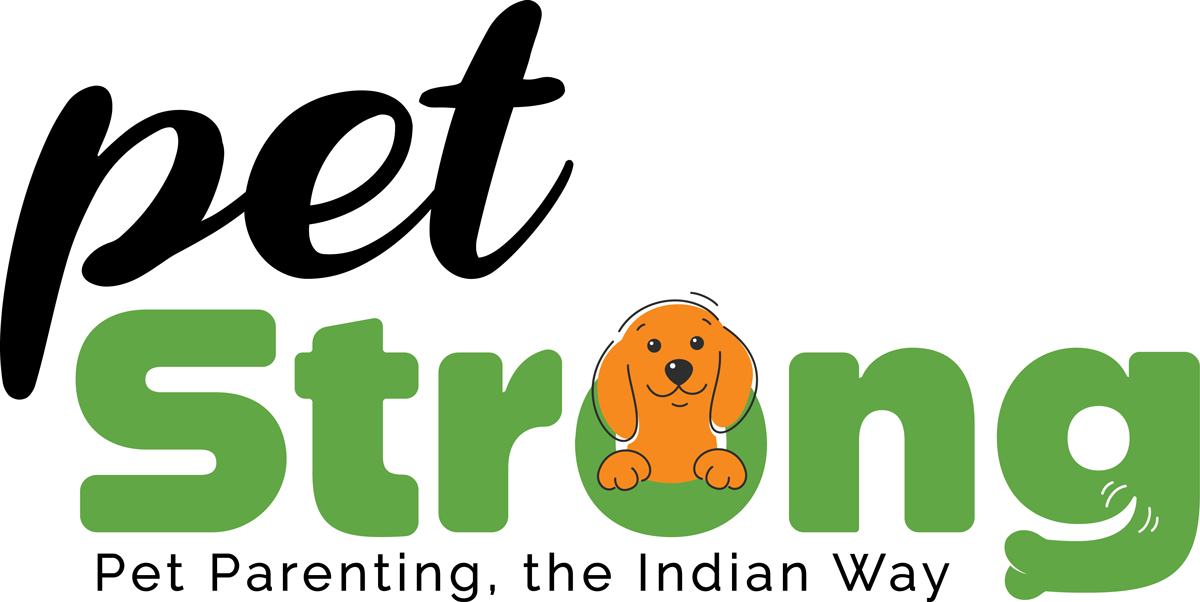Dachshund - (Spirited, Clever, Brave)
- Social (8/10): Friendly and social but can be a bit reserved with strangers. Dachshunds bond closely with their family.
- Intelligence (8/10) :Smart and independent, but their stubborn streak requires patience in training.
- Protection (6/10) :Alert and vocal, Dachshunds make excellent watchdogs but aren’t typically aggressive.
- Height
Males and Females (Standard): 8 to 9 inches
Males and Females (Miniature): 5 to 6 inches
- Weight
Males and Females (Standard): 7 to 14 kg
Males and Females (Miniature): Up to 5 kg
- Life Expectancy - 12 to 16 years
About Dachshund
Dachshunds, known for their long bodies and short legs, are charming, bold little dogs originally bred in Germany to hunt badgers. Despite their small size, they are brave and full of energy, always ready for an adventure. They come in three coat types—smooth, longhaired, and wirehaired—and a variety of colors and patterns. While Dachshunds are loyal and affectionate with their families, they can be a little wary of strangers and may show a strong independent streak. Their keen sense of smell and hunting instincts are still present, making them curious explorers. Whether in the field or on the couch, Dachshunds are always ready to show off their fearless and lovable nature.
Dachshund Diet
Dachshunds are prone to gaining weight, which can put stress on their long backs, so maintaining a balanced diet is crucial for their health. A high-protein, low-fat dog food will help support their energy levels and maintain a lean body. Feed them measured portions to avoid overeating, as their love for food can lead to obesity. Since they are small dogs with big appetites, avoid excessive treats and high-calorie snacks, and instead opt for healthy treats like carrot slices or small bites of apple. Be mindful of their back health by ensuring their diet supports strong muscles and bones, preventing excess weight that could strain their spines.
Check Your Dog Health Status: Dog Nutrition Calculator
Dachshund Diseases to Look Out For
Intervertebral Disc Disease (IVDD)
Dietary Interventions
Dachshunds are highly prone to IVDD due to their long spines. Keeping their weight in check with a low-calorie, high-protein diet helps reduce stress on their spine. Supplements like glucosamine and chondroitin can also aid in maintaining joint and spinal health.
Obesity
Dietary Interventions
Dachshunds can gain weight easily, leading to joint and back problems. A portion-controlled diet with high-quality protein and fiber-rich vegetables helps maintain a healthy weight. Avoid overfeeding and ensure they get regular exercise to prevent weight gain.
Hip Dysplasia
Dietary Interventions
Though more common in larger breeds, Dachshunds can also suffer from hip dysplasia. A diet rich in omega-3 fatty acids, glucosamine, and chondroitin can support joint health and reduce inflammation, especially as they age.
Wellness
Grooming Tips
- Depending on the coat type, Dachshunds need different grooming routines. Smooth-coated Dachshunds require minimal grooming, while longhaired and wirehaired types need regular brushing to prevent matting and tangles.
- Trim their nails regularly to prevent discomfort, as they tend to grow quickly.
- Clean their ears frequently to prevent infections, especially since their floppy ears can trap moisture and debris.
- Bathe as needed, but avoid over-bathing to prevent skin irritation, particularly for smooth-coated Dachshunds.
Supplements and Wellness
- Fish oil: Adding fish oil to their diet can promote a healthy coat and reduce inflammation, which is particularly important for their joint and back health.
- Glucosamine and chondroitin: These supplements help support joint and spine health, which is critical for Dachshunds due to their predisposition to back problems.
- Probiotics: Dachshunds can have sensitive stomachs, so incorporating probiotics can aid digestion and promote a healthy gut.
- Exercise: Regular, moderate exercise is essential to keep Dachshunds in good shape without over-straining their backs. Avoid activities that involve jumping or running up and down stairs, which can lead to spinal injuries. Short walks and playtime on flat surfaces are ideal.
- Veterinary care: Regular vet visits are crucial to monitor their weight and back health. It’s important to catch issues like IVDD early, and your vet can provide guidance on maintaining their overall health.








